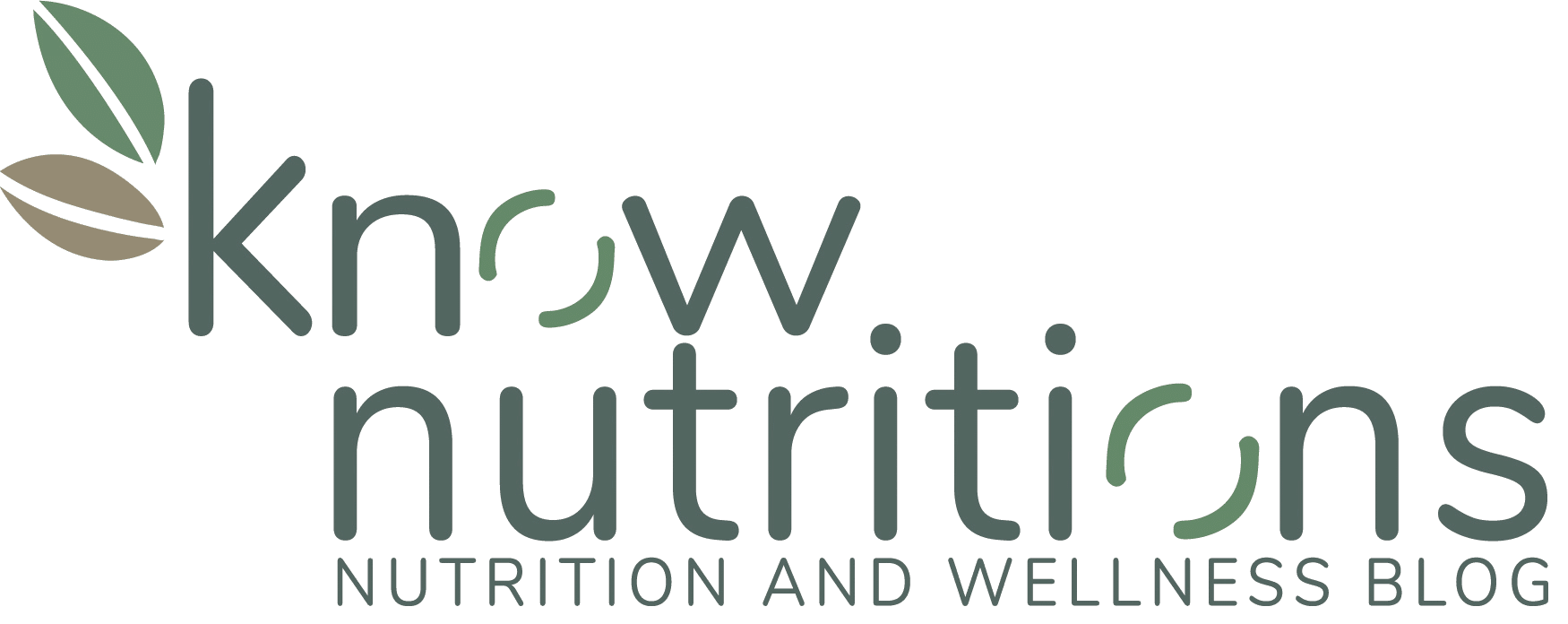Many individuals wonder, “Can I bulk without getting fat?” The good news is that, with the right approach, it is possible to achieve muscle growth while minimizing fat gain. Bulking is a common goal among fitness enthusiasts and bodybuilders, but achieving muscle gain without accumulating excess body fat is challenging. This article delves into bulking without getting fat, offering insights, strategies, and expert tips to help you navigate this process effectively.
Table of Contents

Understanding the Basics of Bulking
Bulking is a phase in which individuals consume more calories than they burn, aiming to gain weight primarily through muscle mass. However, many fear this will also lead to unwanted fat gain. The key to successful bulking is understanding how to manage your caloric intake and the types of foods you consume.
What Is Lean Bulking?
Lean bulking is a method that focuses on gaining muscle while minimising fat gain. This approach emphasises a controlled caloric surplus—typically between 250 and 500 calories per day—combined with a balanced diet rich in protein, healthy fats, and complex carbohydrates. This strategy allows for steady muscle growth without the drastic weight fluctuations associated with traditional bulking methods.
The Science Behind Bulking
It is essential to grasp some fundamental concepts related to energy balance and macronutrients to understand how to bulk without getting fat.
Energy Balance
Energy balance refers to the relationship between calories consumed and calories burned. When you consume more calories than you expend, you enter a caloric surplus necessary for muscle gain. Conversely, a caloric deficit leads to weight loss.
Macronutrients
Macronutrients—proteins, carbohydrates, and fats—play crucial roles in your diet:
- Proteins are essential for muscle repair and growth.
- Carbohydrates provide energy for workouts and recovery.
- Fats are vital for hormone production and overall health.
Understanding how these macronutrients interact will help you create an effective bulking strategy that allows you to bulk up without gaining weight.
Understanding Caloric Surplus
To bulk without getting fat, grasping the concept of caloric surplus is essential. A caloric surplus occurs when you consume more calories than your body requires for maintenance.
Calculating Your Caloric Needs
- Determine Your Basal Metabolic Rate (BMR): The calories your body needs at rest.
- Factor in Your Activity Level: Multiply your BMR by an activity factor (sedentary, lightly active, moderately active, very active) to find your Total Daily Energy Expenditure (TDEE).
- Add a Controlled Surplus: Add 250-500 calories to your TDEE for lean bulking.
For example, if your BMR is 1,800 calories and you are moderately active (TDEE = BMR × 1.55), your TDEE would be approximately 2,790 calories. To create a caloric surplus for lean bulking while ensuring you can bulk without getting fat, you should aim for a daily intake of about 3,040 to 3,290 calories.
| Activity Level | Multiplier |
| Sedentary | 1.2 |
| Lightly Active | 1.375 |
| Moderately Active | 1.55 |
| Very Active | 1.725 |
Key Nutritional Strategies for Lean Bulking
To successfully bulk without getting fat, focus on the following nutritional strategies:
Prioritise Protein Intake
Protein is crucial for muscle repair and growth. Aim for 1.5–2 grams of protein per kilogram of body weight daily. High-protein foods include chicken breast (31 g protein per 100 g), fish (20 g protein per 100 g), eggs (6 g protein per egg), legumes (9 g protein per 100 g), and dairy products like Greek yoghurt (10 g protein per 100 g). By prioritising protein intake, you can effectively bulk without getting fat.
Benefits of Protein
- Muscle Repair: Protein helps repair muscles after workouts.
- Satiety: High-protein diets can help you feel fuller longer.
- Thermic Effect: Protein has a higher thermic effect than fats and carbohydrates, burning more calories during digestion.
Choose Healthy Carbohydrates
Opt for complex carbohydrates such as whole grains (brown rice, quinoa), fruits (bananas, berries), and vegetables (broccoli, spinach) over refined sugars and processed foods. These provide sustained energy and essential nutrients without leading to excess fat gain during your bulking phase.
| Food Item | Serving Size | Carbohydrates (g) |
| Brown Rice | 1 cup cooked | 45 |
| Quinoa | 1 cup cooked | 39 |
| Sweet Potato | 1 medium | 26 |
| Oats | 1 cup cooked | 27 |
| Bananas | 1 medium | 27 |
Incorporate Healthy Fats
Healthy fats are vital for hormone production and overall health. Limit saturated fats and focus on sources like avocados (15g fat per avocado), nuts (15-20g fat per ounce), seeds (13-15g fat per ounce), olive oil (14g fat per tablespoon), and fatty fish like salmon (13g fat per 100g). Including healthy fats in your diet will help you bulk without getting fat while keeping your hormone levels balanced.
| Food Item | Serving Size | Fats (g) |
| Avocado | 1 medium | 15 |
| Almonds | 1 oz | 14 |
| Chia Seeds | 1 oz | 9 |
| Olive Oil | 1 tbsp | 14 |
| Salmon | 100g | 13 |
Monitor Portion Sizes
Even in a caloric surplus, be mindful of portion sizes to avoid excessive calorie consumption that could lead to fat gain. Using measuring cups or a food scale can help ensure you eat appropriate portions while trying to bulk without getting fat.
Stay Hydrated
Drinking enough water is essential for optimal performance and recovery during workouts. Aim for at least 3 litres of water daily or more if you’re engaging in intense exercise.

Exercise Considerations During Bulking
While nutrition plays a significant role in bulking without getting fat, exercise is equally important.
Strength Training
Focus on compound exercises such as squats, deadlifts, bench presses, and rows that engage multiple muscle groups and promote overall strength gains. Aim for 3-5 weekly strength training sessions with progressive overload—gradually increasing weights or resistance over time—to ensure you can effectively bulk without getting fat.
| Day | Workout Type |
| Monday | Upper Body Strength |
| Tuesday | Lower Body Strength |
| Wednesday | Rest or Light Cardio |
| Thursday | Full Body Strength |
| Friday | Upper Body Hypertrophy |
| Saturday | Lower Body Hypertrophy |
| Sunday | Rest |
Cardio Workouts
Incorporating moderate cardio sessions can help maintain cardiovascular health without hindering muscle gains during your bulking phase. Aim for 20-30 minutes of cardio a few times a week using low-impact activities like cycling or swimming.
Progressive Overload
To continue building muscle during your bulk while ensuring that you can bulk effectively without getting fat, gradually increase the weights you lift or the intensity of your workouts. This principle ensures that your muscles are continually challenged.
Tracking Progress Effectively
Monitoring your progress is crucial in ensuring you’re bulking effectively without gaining excess fat.
Regular Weigh-Ins
Weigh yourself weekly to track changes in body weight as part of your strategy to bulk without getting fat. Aim for a gradual increase—about 0.25-0.5 kg (0.5-1 lb) per week is ideal for lean bulking.
Body Composition Measurements
Consider using callipers or bioelectrical impedance scales to assess changes in body composition rather than relying solely on weight.
Tracking Tools:
- Smartphone Apps: Use apps like MyFitnessPal or Cronometer to track caloric intake.
- Body Measurement Tools: A tape measure can help monitor changes in waist circumference or other areas.
Adjusting Your Plan Based on Progress
If you’re gaining too much fat—measured by increased waist circumference or body composition assessments—consider reducing your caloric surplus slightly or increasing workout intensity to continue to bulk without getting fat effectively.
Common Mistakes During Bulking
While pursuing lean bulking goals of effectively bulking without getting fat, it’s easy to fall into common pitfalls that can lead to unwanted fat gain.
Skipping Cardio
Some believe cardio should be eliminated during a bulking phase; however, this can lead to decreased cardiovascular health and increased fat accumulation.
Neglecting Micronutrients
Focusing solely on macronutrients can lead to deficiencies in vitamins and minerals essential for overall health and performance while trying to bulk without getting fat effectively. Ensure you consume plenty of fruits and vegetables alongside your primary macronutrient sources.
Overestimating Caloric Needs
Many people overestimate their caloric needs during bulking due to increased appetite after strength training. This can lead to excessive calorie consumption and unwanted weight gain when trying to bulk without getting fat.
Lack of Meal Planning
Failing to plan meals can result in poor food choices when hunger strikes. Healthy meals can help control caloric intake while ensuring consistent compliance with effective bulking practices.
Ignoring Recovery
Recovery is just as important as training; neglecting rest days can hinder progress by preventing muscles from repairing adequately after workouts—making it harder for individuals aiming to bulk without getting fat effectively!
The Final Takeaway: Mastering the Art of Lean Bulking
In conclusion, it is possible to “bulk without getting fat” by following strategic nutritional practices and practical training regimens tailored to achieve desired outcomes! By prioritising protein intake, wisely choosing healthy carbohydrates, monitoring portion sizes carefully, and incorporating regular exercise—including strength training plus moderate cardio—you’ll achieve those muscle-building goals and minimise unwanted gains along the way!
Staying consistent with these practices and regularly tracking progress throughout each phase will ultimately lead to success. Consider this journey an opportunity to transform yourself and develop sustainable habits that will contribute to overall success.
FAQs
What foods should I avoid while bulking?
Avoid processed foods high in sugar and unhealthy fats. You can gain excess fat if you’re not careful about what you eat while trying to bulk without getting calories.
How much cardio should I do during a bulk?
Moderate cardio sessions Two or three times a week are recommended to maintain cardiovascular health and bulk efficiency without gaining fat.
Is it necessary to track my calories while bulking?
Yes! Tracking your caloric intake helps ensure you consume an appropriate surplus for muscle gain while avoiding excessive calorie consumption. This can lead directly to unwanted gains when trying hard not just “to gain” but expressly “to bulk without getting fat.”
How long should I bulk before cutting?
The duration of a bulking phase varies by individual goals. Still, it typically lasts between 8 and 16 weeks, depending on how much muscle mass you wish to gain before transitioning into a cutting phase aimed at losing any excess gained during efforts focused solely on learning how best “to bulk without getting fat.”.










